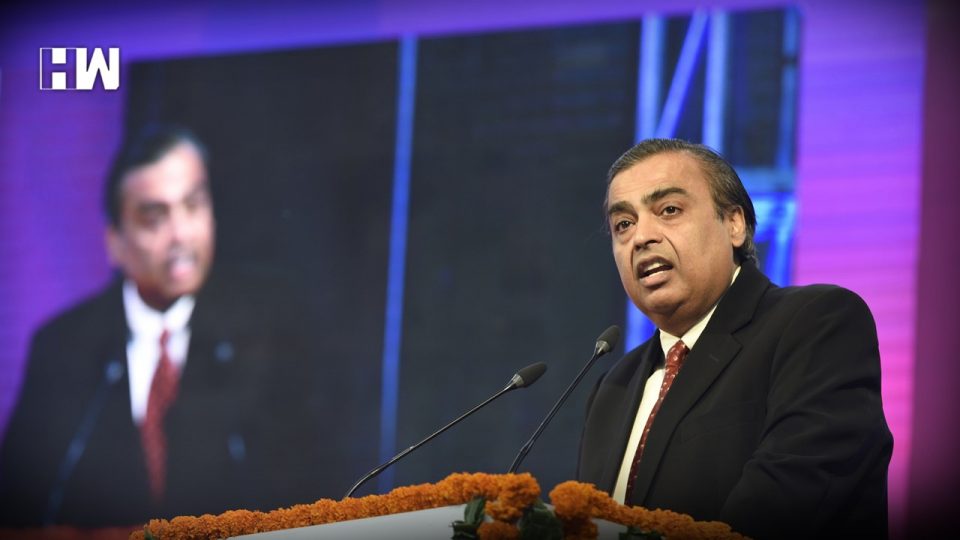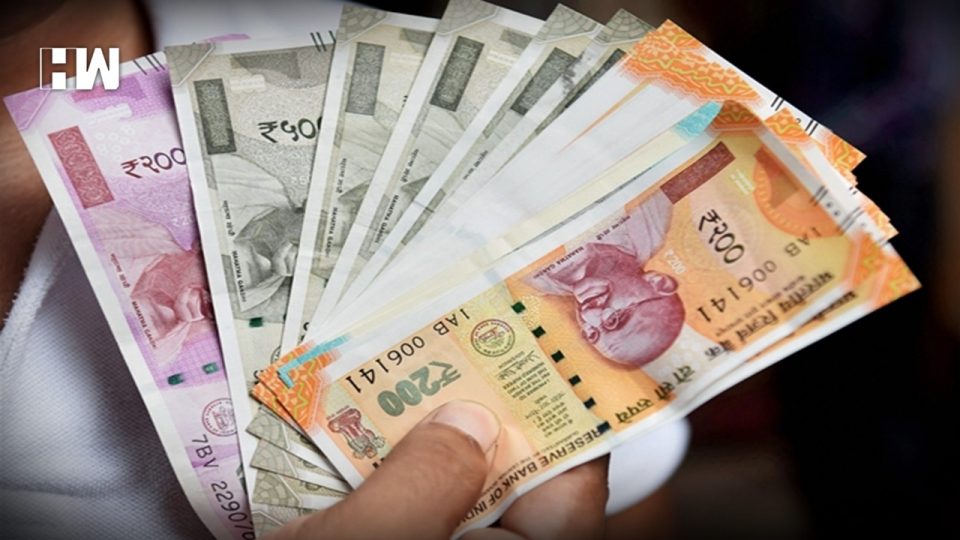In a battle of epic proportions, its Asia’s richest man being pitted against the world’s richest man. Yes! You heard right. Its Mukesh Ambani v/s Jeff Bezos, but on Ambani’s turf, India. Now, before you get your odds in place for a boxing match, ill have you know that this battle will be fought on the retail front.
Reliance Retail, India’s largest retail chain, both by revenue and the number of stores is planning to up its game and give market leader Amazon a good run for its money. The grocery to apparel brand retailer is said to employ a 4 pronged approach to connect India’s 30 million small retailers with consumers. First off, it plans to connect neighbourhood marts to its almost 10,000 stores thereby offering economies of scale in the form of common inventory management, billing and tax platforms, payment terminals and better sourcing power. Reliance’s telecom arm, Jio is expected to play a big part as they will help connect shops in villages and semirural towns because it has managed to penetrate the rural market due to the low price of internet and mobile data. Also, because Indians are consuming tremendous hours of video on Jio streaming platforms, it can aid in promoting private label brands. Finally, with Mukesh Ambani’s ability to sway policy decisions in any business he enters into and his reach in politics, Reliance Retail is said to benefit in a big way.
Reliance Retail has also jumped 95 spots on Deloitte’s Global Powers of Retailing 2019 list, to reach the 94th spot, buoyed on the back of rapidly increasing revenues. All these facts and figures point to only one thing; Reliance is on its way up and it seems to be an unstoppable force.
As an independent media platform, we do not take advertisements from governments and corporate houses. It is you, our readers, who have supported us on our journey to do honest and unbiased journalism. Please contribute, so that we can continue to do the same in future.


